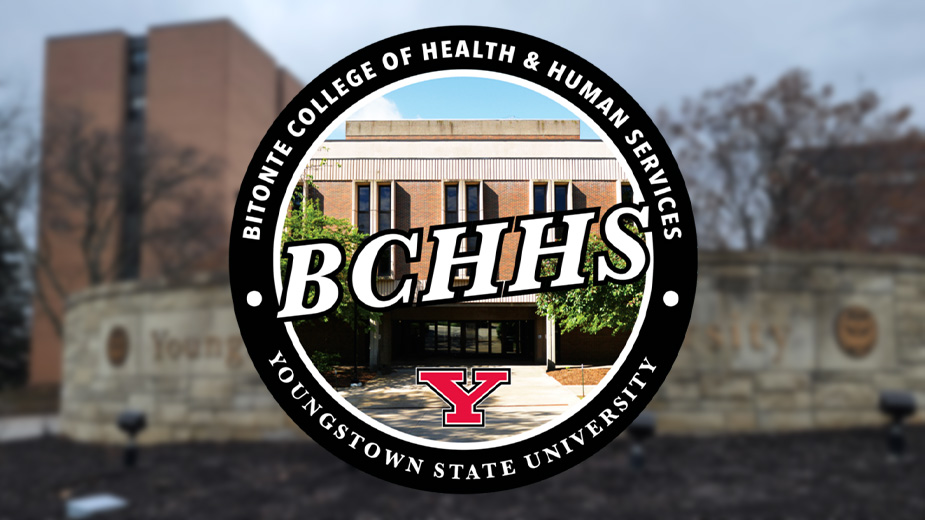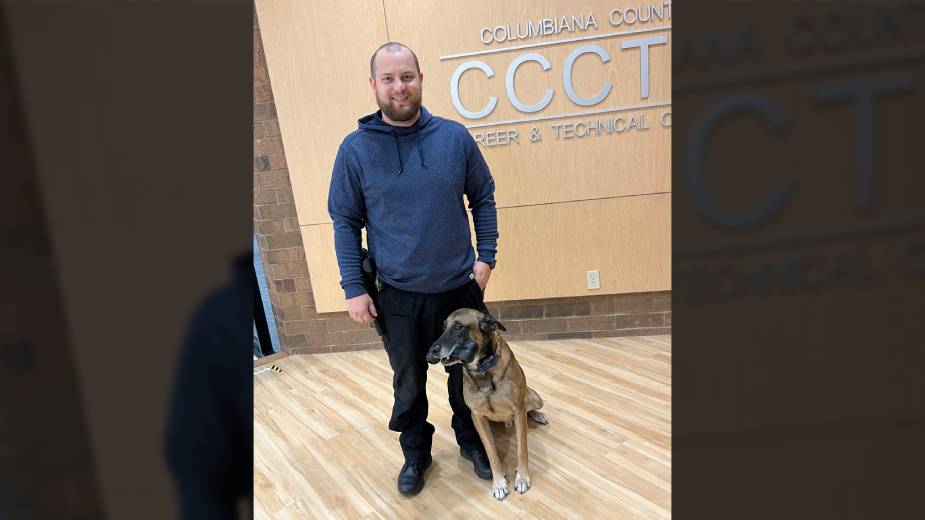YSU Cancer Rehab Program Improves Survivor’s Quality of Life
YOUNGSTOWN, Ohio – A lung cancer survivor attributes much of his improved quality of life to the Cancer Rehab Program at Youngstown State University.
It’s a new project aimed at providing personalized support to individuals recovering from cancer within the local community.
Louis DeSimone embraced the opportunity to participate in YSU’s rehabilitation program.
Growing up in East Liberty, Pittsburgh, and later graduating from YSU, DeSimone’s career began with marketing in the steel industry before he transitioned into owning and operating multiple businesses for three decades.
He was diagnosed with lung cancer six years ago, leading to the removal of his right lung and subsequent spine cancer treatments. He’s been cancer free for over a year. DeSimone attributes much of his improved quality of life to the YSU Cancer Rehab program, which has improved his mental outlook and physical endurance.
He enrolled in the program to regain his functional ability and improve independence. His commitment to the program enhanced his physical capabilities and renewed his confidence.
The Cancer Rehab Program is a collaboration between YSU’s Bitonte College of Health and Human Services and Mercy Health. It emphasizes specialized training in assessing and enhancing functional abilities through detailed exercise plans and adaptive strategies.
The program assists participants in setting and achieving realistic recovery goals while offering motivational support and monitoring progress. The program also focuses on helping individuals regain their independence by developing daily living skills, building support networks and creating newfound self-efficacy.
Lung cancer remains one of the most prevalent and deadly cancers worldwide. According to recent data, lung cancer accounts for about 22% of all cancer-related deaths, making it the leading cause of cancer mortality.
Early prevention and proper screening are recommended to combat the increasing prevalence of lung cancer within the US. Comprehensive long-term care strategies, including regular monitoring, supportive therapies and rehabilitation, are essential to improving survival rates and quality of life for patients.
Published by The Business Journal, Youngstown, Ohio.



